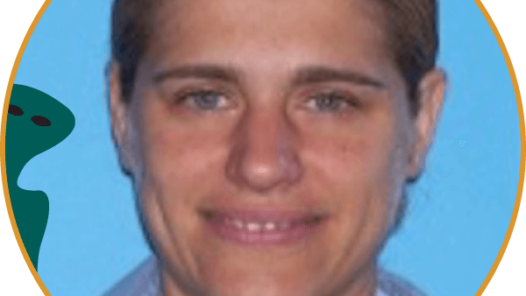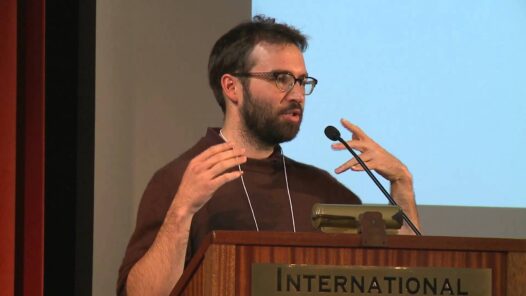Venue: Internet Jeff Meyerson talks to Idit Levine about Unikernels and unik, a project for compiling unikernels. The Linux kernel contains features that may be unnecessary to many application developers–particularly if those developers are...
Venue: Internet Ben Hindman talks to Jeff Meyerson about Apache Mesos, a distributed systems kernel. Mesos abstracts away many of the hassles of managing a distributed system. Hindman starts with a high-level explanation of Mesos, explaining the...
In this episode, Michael Plöd is interviewed about Object-Relational Mapping technology. He talks about the common concepts, compares the range of different tools that go by this name, and goes into the design and architectural consequences of using...
In this episode we talk to Galen Hunt about the Singularity research OS. Galen is the head of Microsoft's OS Research Group and, together with a team of about 30 other researches, has built Singularity. We started our discussion by covering the...





